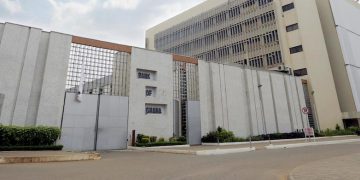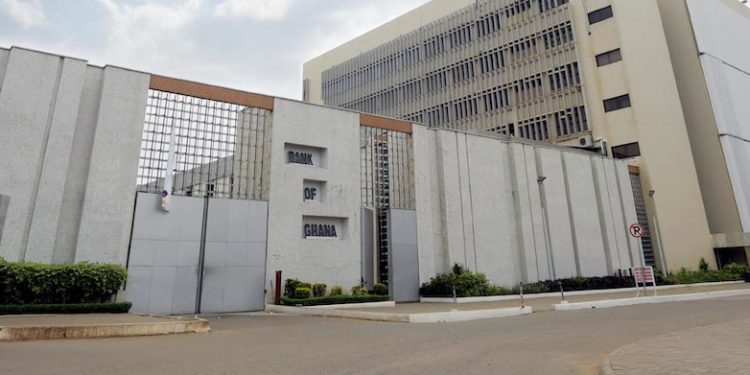By Ebi Kesiena
Government and the Bank of Ghana have been urged to immediately design and implement a framework to assist local banks with funding.
Banking consultant’s Dr Richmond Atuahene and K. B. Frimpong stated this with the view that the Domestic Debt Exchange Programme has affected the banks.
In a report, the duo explained that the banks hold GH₵50.6 billion of the total GH₵137.3 billion debt that was the target of the restructuring. These government securities that the banks hold form a large part of their assets.
Stressing that by merely participating in the programme, significant changes have occurred in the balance sheets of the banks.
“Due to a combination of coupon or interest rate reduction, and maturity extension with below-market coupon rates of 19.3%, the capacity of the banking sector to absorb losses had been lower, as the banking sector capitalisation only took place three years ago.
“When banks are able to absorb losses without having to resort to a recapitalisation from the government, the fiscal consolidation and/or burden-sharing by other creditors required to restore debt sustainability would be smaller,” portions of the report stated.
At least nine banks have been identified by banking experts as being on the verge of insolvency as the domestic debt restructuring programme is said to have wiped off the value of the bank’s assets leaving them quite fragile.
Local banks participated in the programme geared at making Ghana’s debts sustainable but it appears its success may have lasting negative effects on the financial sector.
Therefore, the Banking consultants recommended for the Bank of Ghana to identify gaps in crisis management and that bank resolution frameworks should be identified prior to the domestic debt exchange programme.



































